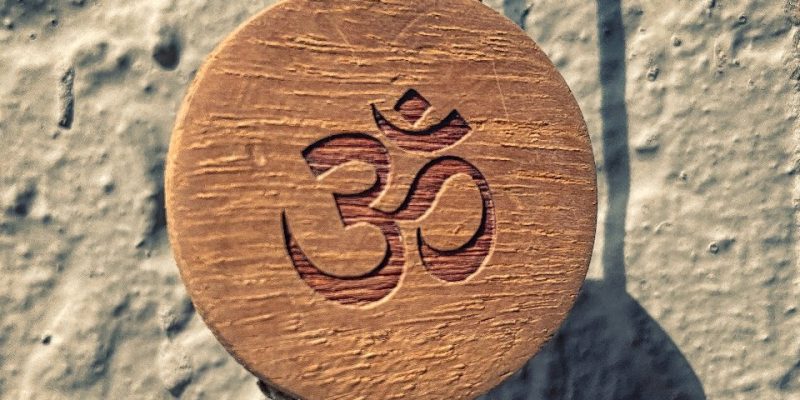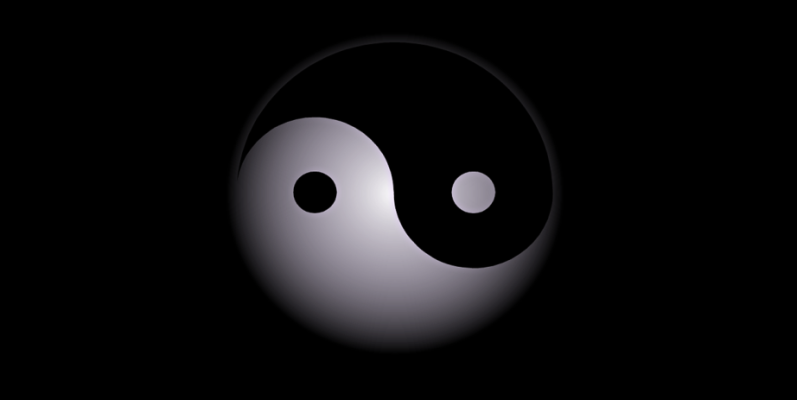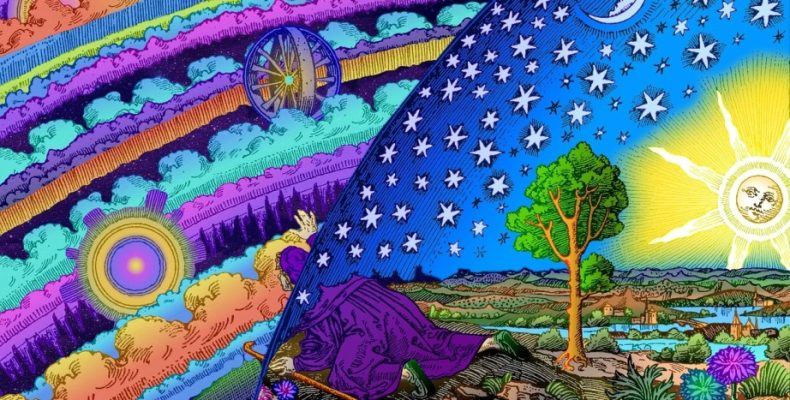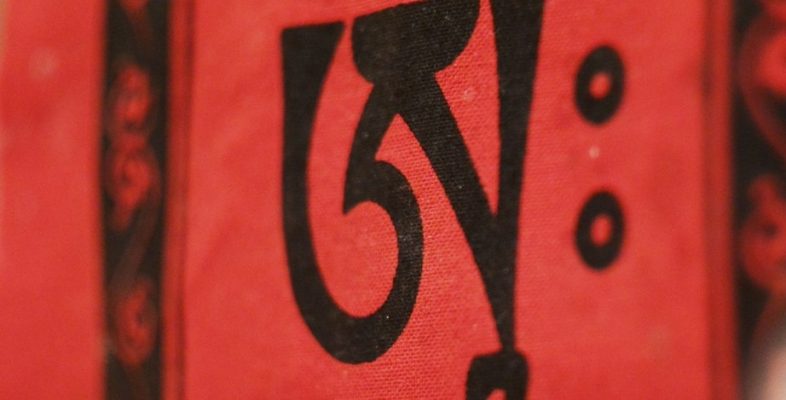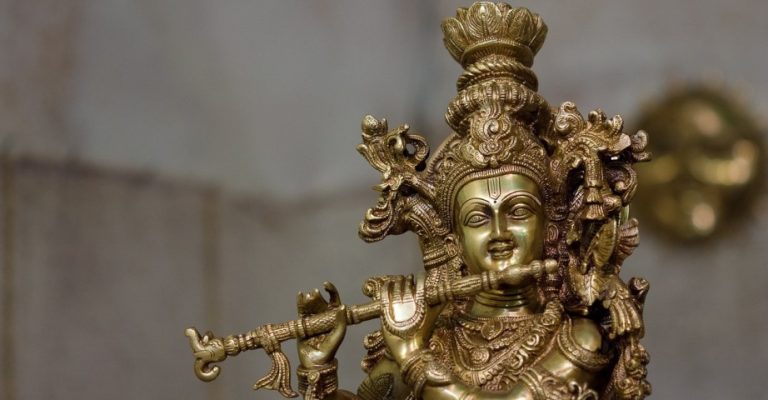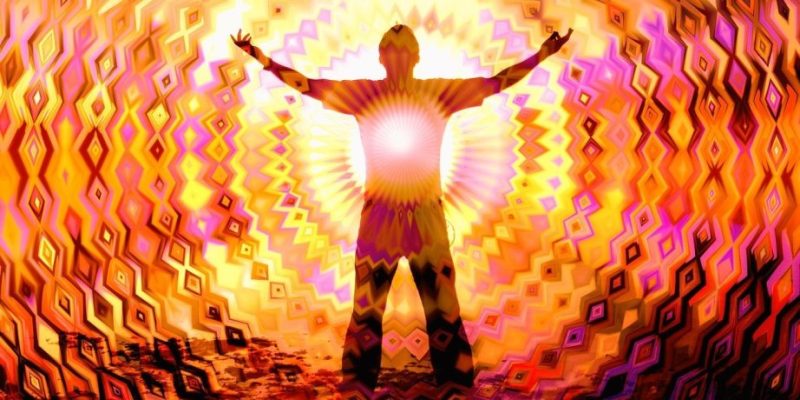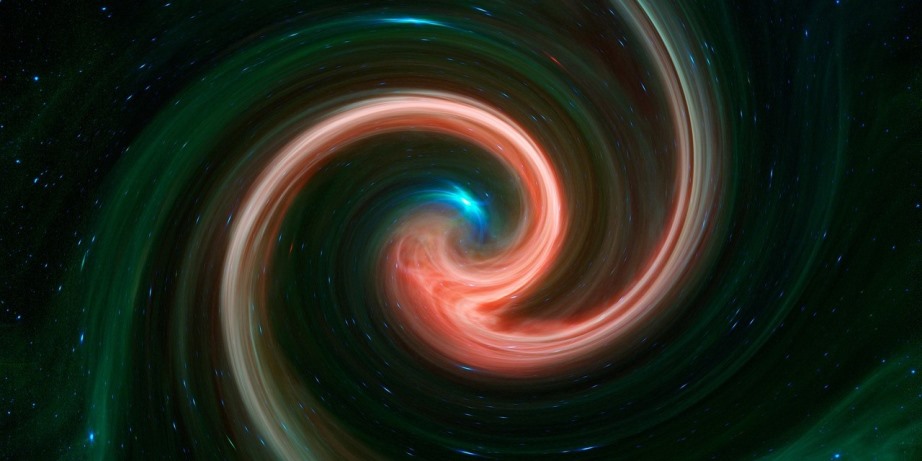
The idea of the Absolute is present in all spiritual and philosophical traditions of India, although often widely differently interpreted. As a general rule, the Absolute is referred to as Brahman.

The Absolute is associated with the existence of an ultimate, unchangeable, imperishable, timeless, eternal, self-sufficient, final and transcendental reality, the source and cause of all that exists, existed or will exist, albeit by itself it is not caused by anything nor has it a source of origin.
It was always there, will always be there, and it penetrates everything. It has no properties or characteristics, in any case, not in a sense we (humans) can describe, because it’s beyond all those. In fact, it’s the creator of the qualities we (can) know of, which are only visible i.e. to be experienced in that what it creates in/as the phenomenal world. Those qualities are merely a “radiation” or “effect” of the inherent nature of the Absolute, just like heat is the characteristic of fire.
Mind that the Absolute is not itself a Deity, it’s rather considered impersonal, a force of/behind life, giving life and consciousness to all it creates. Hence, the Absolute creates Deities, just as it creates human beings, animals, plants, rocks, and the Earth.
Nonetheless, most spiritual traditions in India’s Hinduism also claim that the Absolute is identical to the essence of human nature. Yet, the way this essence is seen or interpreted, that is, its relationship to the Absolute, is understood differently depending on the spiritual or philosophical lineage.
In some case, such as in Advaita Vedanta, the human essence, the Self or Atman, is seen as completely identical with the Absolute (Brahman), as such being the Absolute. According to Advaita, human beings don’t realize that and mistakenly identify themselves with (parts of) the phenomenal appearance of the Absolute, a fact that subsequently brings a sense of separation and unhappiness.
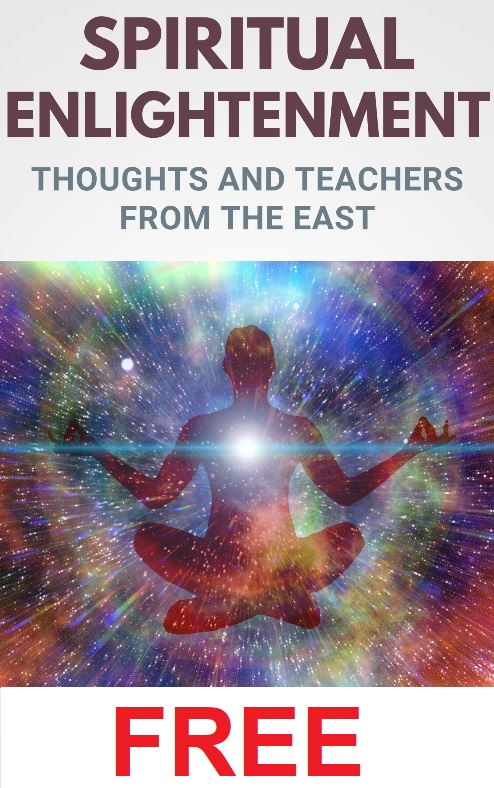
However, Advaita also recognizes a more personal, physical God known as Ishvara, having qualities, attributes, and characteristics and operating in duality, but ultimately Ishvara is seen as a projection upon the transcendental, real Absolute, an imaginary projection in Universal Consciousness. Yes, we can pray to Ishvara, ask for favors, wisdom and bliss, and sometimes receive all of those, but all that only happens in consciousness through the play of Maya.
Other traditions rather consider the Self as an individual split-off (or spin-off) of the Absolute. Here it’s thought that we can deeply realize our essential unity, and find peace in knowing and experiencing our True Self, but we can never become or be the Absolute. We can worship, accept, and dwell in the Absolute and find divine bliss in deep surrender to the Absolute, but there it ends.
Again other traditions claim that the Absolute is for all eternity unknown — even to itself — and only works in the phenomenal world as a personal, manifest God. That is, the Absolute has created this world with all the individual embodied Selves in it, which in essence are of the nature of the Absolute and ultimately belong to it.





